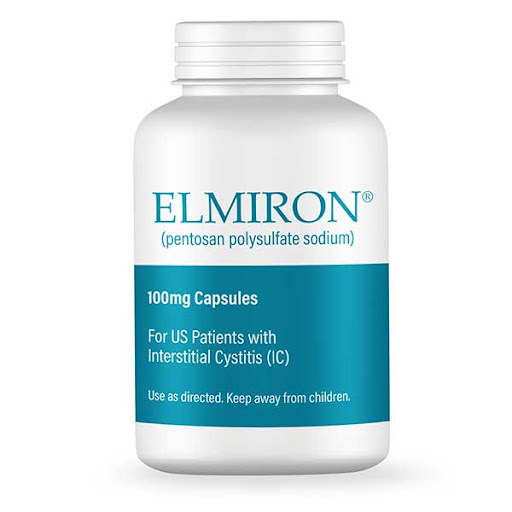 |
| Patients taking PPS to treat bladder inflammation may be more likely to experience retinal adverse events. Click image to enlarge. |
There is only one pharmacological treatment for interstitial cystitis (IC), a rare, chronic bladder condition characterized by pain and discomfort, predominantly affecting women. This treatment, pentosan polysulfate sodium (PPS), which was FDA-approved in 1996, has since been discovered through various case studies to be associated with maculopathy. Researchers recently performed a study to further investigate the extent to which exposure to PPS increases the incidence of retinal adverse events such as maculopathy.
Data for this study was obtained from the FDA’s Adverse Event Reporting System, a database of bad outcomes from medications and other products. The investigators grouped all adverse event reports containing the terms “Elmiron” or “pentosan polysulfate” (PPS group). They also formed a comparison group of patients who experienced adverse events after taking other drugs for IC, cystitis or bladder disorder/pain (other drugs group).
There were 9,608 reports of adverse events that met the criteria of at least one of these two groups between 2013 and 2020. There were 2,775 reports in the PPS group (71% women) and 6,833 in the other drugs group (59% women). The team found that those in the PPS group had higher rates of all adverse events involving the retina or macula compared with those who took other drugs.
The following retinal conditions were significantly more common in the PPS group than in the other drugs group: macular degeneration (0.8% vs. 0.2%), maculopathy (3.4% vs. 0.03%), retinal dystrophy (0.1% vs. zero), retinal injury (0.2% vs. zero) and retinal toxicity (0.1% vs. zero).
“Maculopathy associated with PPS is a condition characterized by cystoid macular edema, macular neovascularization and retinal pigment epithelium atrophy that may result in severe visual acuity loss, although in most cases there is minimal to no visual acuity impairment,” the study authors wrote. “Patients report symptoms including prolonged dark adaptation, nyctalopia and difficulty reading or blurred vision.”
More research is needed to understand the pathophysiology behind PPS-associated maculopathy. Given that the research supports there is indeed an increased risk of adverse retinal or macular events among patients taking PPS, these individuals should be monitored accordingly. Fortunately, the incidence rate for any of these events is still very low.
McGwin Jr G, MacLennan P, Owsley C. Association between pentosan polysulfate sodium and retinal disorders. JAMA Ophthalmol. November 18, 2021. [Epub ahead of print]. |

